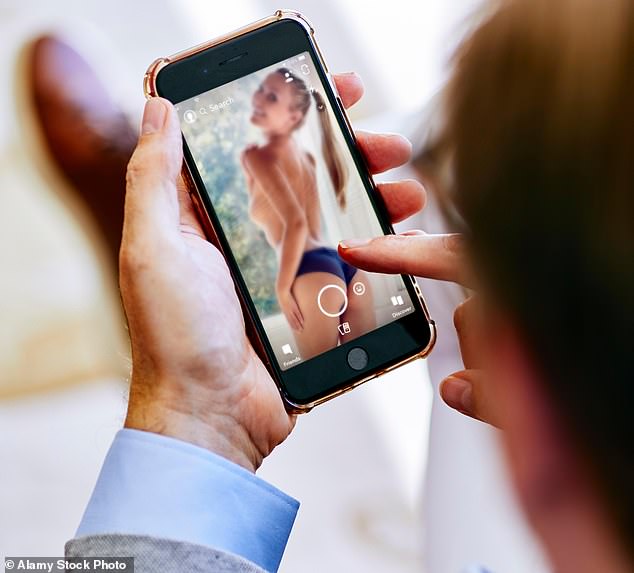New government plans will make it a crime for hidden cameras to to be installed or adapted, with prosecutions possible even where no photo is taken.
Voyeuristic equipment disguised as pens, buttons, water bottles or other camouflaged objects will become illegal if used to take intimate photos of people without consent.
It comes amid an increase in reports from female swimmers of having been secretly recorded while in mixed-sex changing rooms, The Times revealed.
The victims and female violence minister Alex Davies-Jones said women and girls are being ‘humiliated and degraded for the sick pleasure of certain men’.
She promised to tighten regulations in order to better protect female victims of voyeurism.
The government crackdown follows the high-profile case of French woman Gisele Pelicot, whose husband Dominique was found guilty of drugging his wife and facilitating her rape by dozens of men.
French police became aware of the case after a security guard caught him ‘upskirting’ women at a supermarket – placing a camera so that it records intimate footage up a skirt.
This prompted authorities to search his phone, where evidence of his obscene crimes was found.

Minister for Victims & Violence Against Women and Girls Alex Davies-Jones (pictured) pledged to tighten regulations

The new rules will make it an offence to take an intimate image without consent in any situation (File photo)

Dominique Pelicot, husband of Gisele (pictured) was found guilty of facilitating her repeated rape after he was caught upskirting women in a supermarket
Ms Davies-Jones said: ‘The use of smartphones and availability of pinhole cameras has made it easier than ever to carry out such activities.’
She added that these violations have a lasting impact on victims.
The new measures will form part of the government’s new Crime and Policing Bill.
Reports of exposure and voyeurism, which are recorded jointly, reached 15,075 in September last year – a 17 per cent increase from the year before and more than double the figure in 2008, according to the latest data.
Sharing or threatening to share intimate images without consent is already a crime.
However, it is currently only illegal to take such an image if sexual gratification is the main intention.
If the perpetrator is acting with the aim of embarrassing someone, they cannot be prosecuted.
The new rules will make it an offence to take an intimate image without consent in any situation.
It will also become illegal to install, adapt, prepare or maintain equipment with the intention of taking intimate photographs, even if none are taken.







